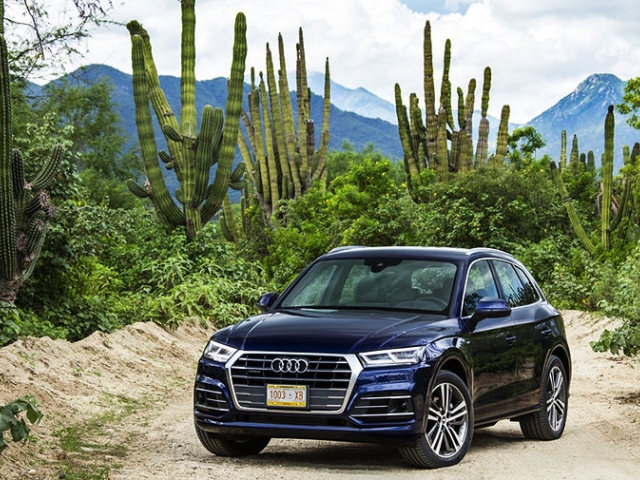
The Audi Q5 has been one of the German brand's best-selling models since its launch back in 2008. Let's find out what characteristics helped the car pass the test drive in Mexico successfully?
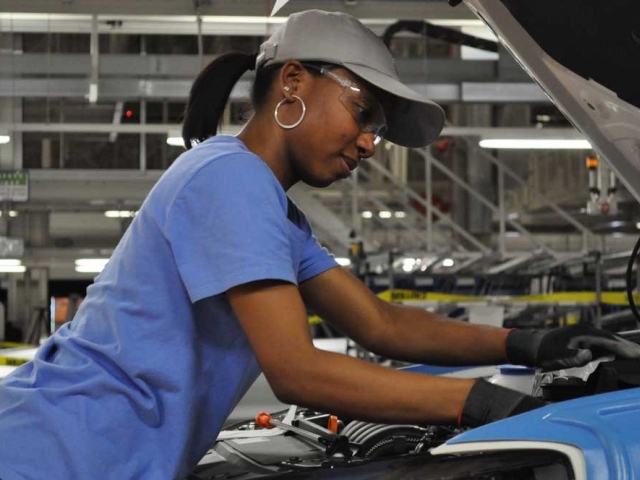
For the first time the new Audi Q5 was seen at the 2016 Paris auto show. Cars of this model are manufactured and assembled at the factory in Mexico. The Audi notes that to preserve excellent German quality the company had to train hundreds of Mexican employees in Germany.
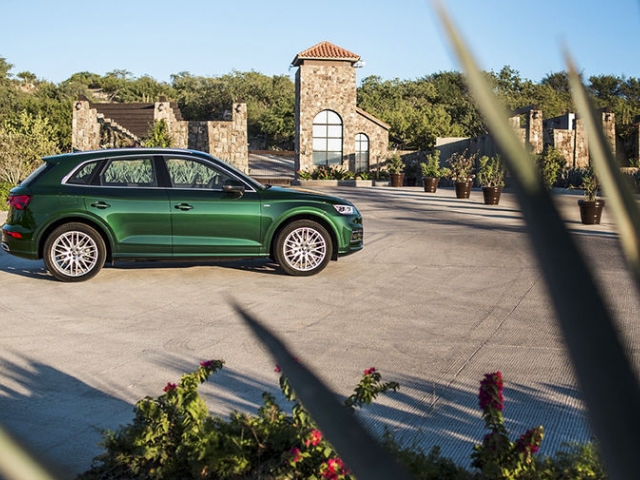
Compared to the previous generation, the Audi Q5 has become much better, experts say. The new Q5 is based on the new A4's 'MLB' platform for longitudinal engines. Thus the model designers believe that the new crossover has characteristics much closer to the A6 generation, than A4.
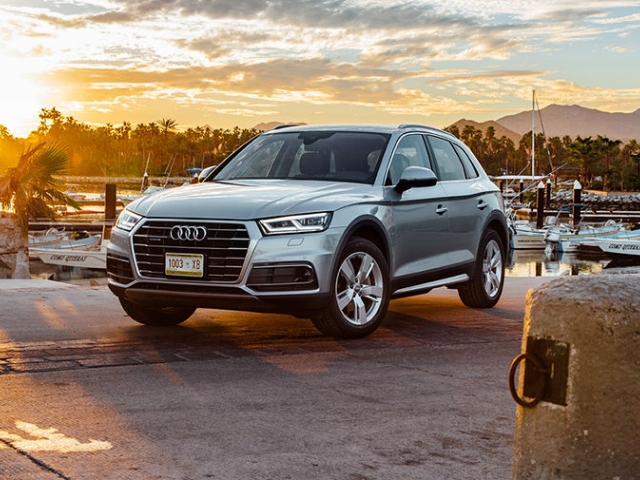
The Q5 grows for its new generation; it's now 4.66m long, 1.89m wide and 1.66m tall. Most significantly of all, its wheelbase grows by almost 20mm, to 2.82m. Boot space is officially rated at 610 litres. The Q5 lost around 90kg compared with the car it replaces.
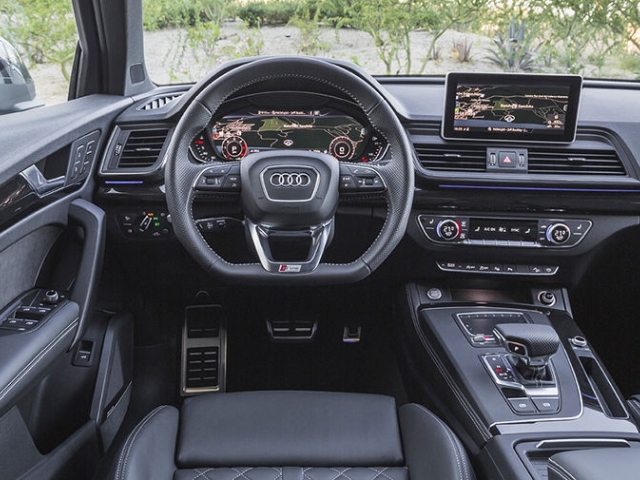
Inside, the Q5 benefits from materials and build quality typical of the four-rings brand. An analog gauge cluster is standard, but consumers can opt for Audi's 12.3-inch Virtual Cockpit LCD screen. Also optional is an 8.3-inch center-mounted infotainment display and MMI Touch, the latter of which can recognize handwriting and common gestures, such as pinching to zoom. The 12.3-inch digital display cluster presents digital instruments as well as an information screen where the driver can access media, navigation, and other car systems.
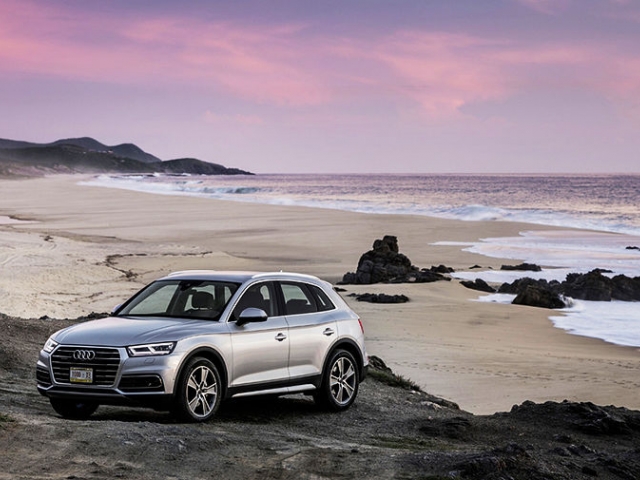
The crossover packed a 2.0-liter TFSI engine that generated 252 horsepower.
This car can accelerate to 100 km/h in just 6.3 seconds and its top speed is 237 km/h. The Audi Q5 gets steel springs for the suspension as standard, with air suspension and adaptive dampers.
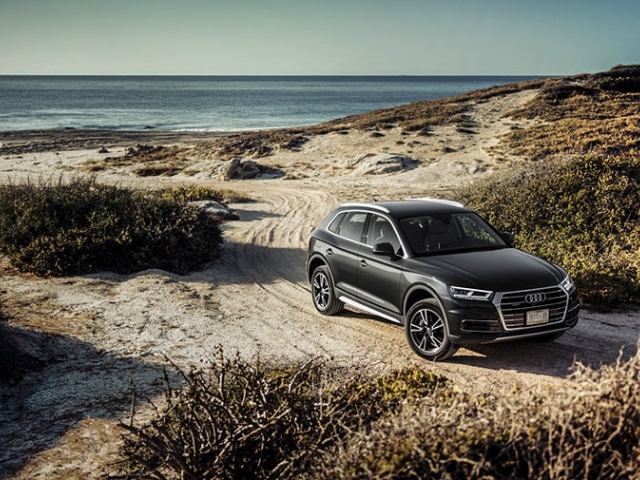
The test drive included public roads, off-road, rough terrain, sand, mud, and ocean coast. The Q5 is provided with a special mode to be selected for the respective tracks (dirt, sand, and so on). The new system is also equipped with means that help to descent from the mountain. In this situation, all work is done by electronics, the driver does not even need to use the brake.
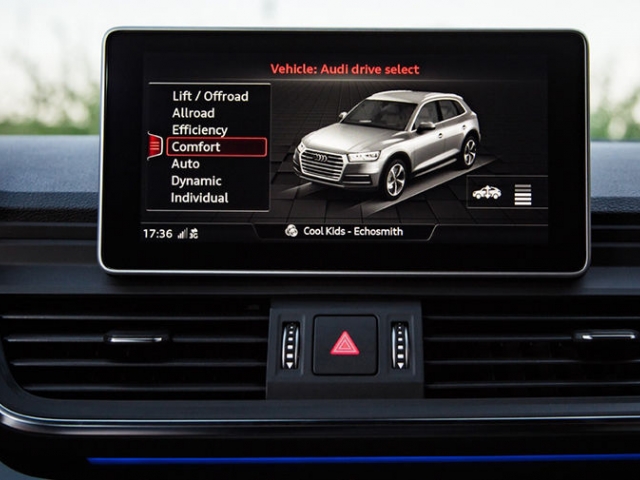
The current car's base price is $41,850, and that figure is not expected to change radically.
 Deutsch
Deutsch 
 Русский
Русский English
English Bahasa Indonesia
Bahasa Indonesia Bahasa Malay
Bahasa Malay ไทย
ไทย Español
Español Български
Български Français
Français Tiếng Việt
Tiếng Việt 中文
中文 বাংলা
বাংলা हिन्दी
हिन्दी Čeština
Čeština Українська
Українська Română
Română
